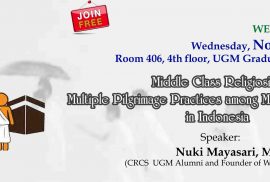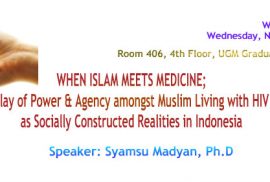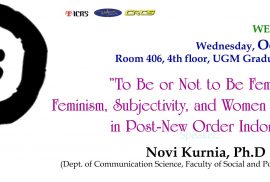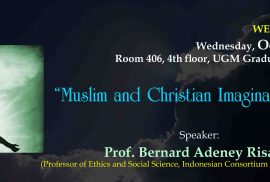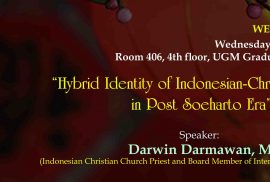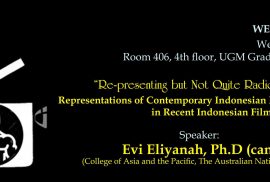
Abstract
The increasing interest of Yogyakarta’s urban middle class in making the umrah gives birth to some important questions especially which relates to the meaning for people beyond the trip itself. Informants of this research are practicing umrah for a certain regular time, such as once or twice a year. Considering the amount spent for an umrah trip, which is around US$ 2,000 – US$ 3,000, this practice is obviously expensive, compared to the average income for the middle class society in Indonesia, starting for a minimum of US$ 3,000 per year.

